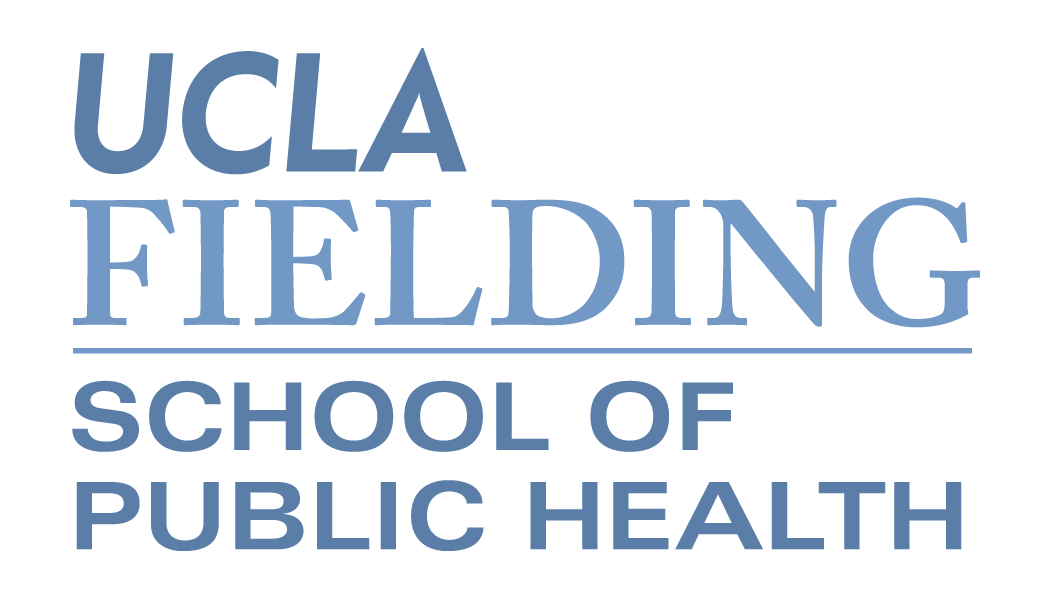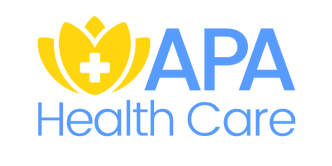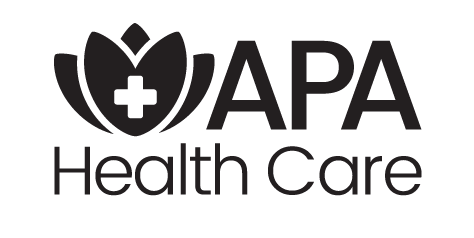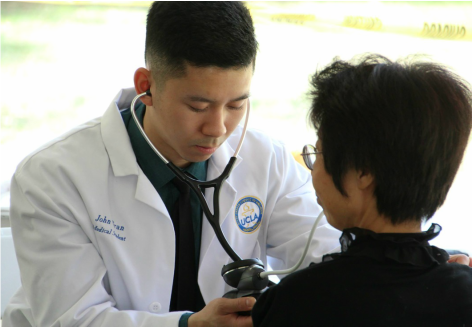What We Do |
|
Our Motivation |
For the third decade in a row, Asians and Pacific Islanders (API) are the fastest growing major racial/ethnic group in Los Angeles County (LAC). APA Health CARE is unique compared to other existing health fair programs because of our focus on continuing care on top of extensive on-site health screening and education. Most importantly, all of our services are provided in the client’s preferred language in effort to decrease the language and cultural barriers that may prevent members of the API communities from receiving access to health information or resources.
|
Our Impact |
APA Health CARE has been active for more than 15 years and has continued to search for better ways to serve the API community. In 2020, our Database/Research Committee published a research article* detailing the impact that APA Health CARE has had on the community based on the past 8 years of recorded data. After our health fairs, 32.8% of clients reported visiting a doctor and 68% of clients reported obtaining health insurance within a month of attending a health fair. 50.2% of our clients reported making lifestyle changes in their diet and 67.7% reported exercising more after attending one of our health fairs.
|
Our Mission:
|
Collaboration
Click the buttons below to find out more about the unique Collaborations at APA Health CARE.
Access
APA Health C.A.R.E. uniquely focuses on continuing care. For our clients who
may not speak English or may lack familiarity with Californian health services, we help
increase Access to affordable and language-appropriate clinics through Health Fairs!
may not speak English or may lack familiarity with Californian health services, we help
increase Access to affordable and language-appropriate clinics through Health Fairs!
Health ScreeningsAt health fairs, our health screenings focus on hypertension, diabetes, hepatitis B, and cholesterol. Certified undergraduate students work with medical and nursing students to conduct health measurements, and UCLA & Kaiser physicians provide free health consultations.
Health EducationWe provide linguistically and culturally appropriate
health education to clients at health seminars and health fairs, including recommended screening and early detection examinations. |
Social ServicesTrained undergraduate students will conduct social
histories with clients. Undergraduate and public health students perform eligibility screenings with clients for enrollment in public benefit programs, and for referral to local low-cost/free, linguistically appropriate clinics. Follow UpIn alignment with our mission of long-term care, we
follow up with clients (via phone and/or email) after their health fair visit. Client navigators maintain contact with clients to ensure they follow through with health recommendations, such as obtaining clinical services or referring to health resources. Public health students will manage client files in accordance to HIPAA guidelines. |
Resources
Education
Educational and interactive health seminars are presented by medical, nursing, and certified undergraduate students. Please check out the different health seminars we offer, and feel free to contact us if you are interested in booking or attending our seminars.
Breast Cancer |
Cervical Cancer |
|
Breast cancer is the second leading cause of cancer death among Asian and Pacific Islander American women, and the most common cancer among Korean, Chinese, Filipino and Japanese women in the U.S. When compared to other populations, API women tend to have the lowest rates of breast cancer screenings. This decrease in screenings leads to the possibility of late diagnosis at advanced stages of cancer, thereby leading to a potential decline in survival.
Our breast cancer presentation raises awareness of breast cancer through a brief outline of the risk factors, screening methods, treatment and prevention options, and pathology of this disease. Our ultimate goal is to stress the importance of early detection in combating breast cancer. Diabetes and Heart DiseaseAsians are at a higher risk of developing type II diabetes, and represent 60% of the world’s diabetic population. Similarly, the proportionate mortality burden of hypertensive heart disease is higher in every
Asian–American subgroup than in non-Hispanic whites. Presented by medical students from the David Geffen School of Medicine, this seminar highlights the risk factors, negative effects, and preventative actions associated with type II diabetes, atherosclerosis, and hypertension. The presentation will also outline the importance of reducing negative cardiovascular behaviors, maintaining a balanced diet, and engaging in regular exercise. |
After the development of the Pap test (Papanicolaou test), there has been a steady decline in the incidence and mortality of cervical cancer in the US over the past 30 years. However, a much lower rate of cervical cancer screenings by Asian American women has generated a significant disparity of cervical cancer incidence and mortality between the API population and non-Hispanic white women.
Our presentation emphasizes cervical cancer prevention through Pap tests, while also discussing common risk factors, treatment methods, and pathology. Exercise & Reducing CholesterolDue to a combination of factors such as genetics, diet, and lack of physical activity, Asian Americans are highly susceptible to cholesterol disorders. This may lead to heart disease at a very young age.
The core of this presentation is exercise: one of the best methods of reducing high cholesterol and obtaining a healthy weight. Our presentation addresses the proper guidelines for exercise, and elaborates on the many ways that all people can participate in fun, enjoyable physical activities. |







